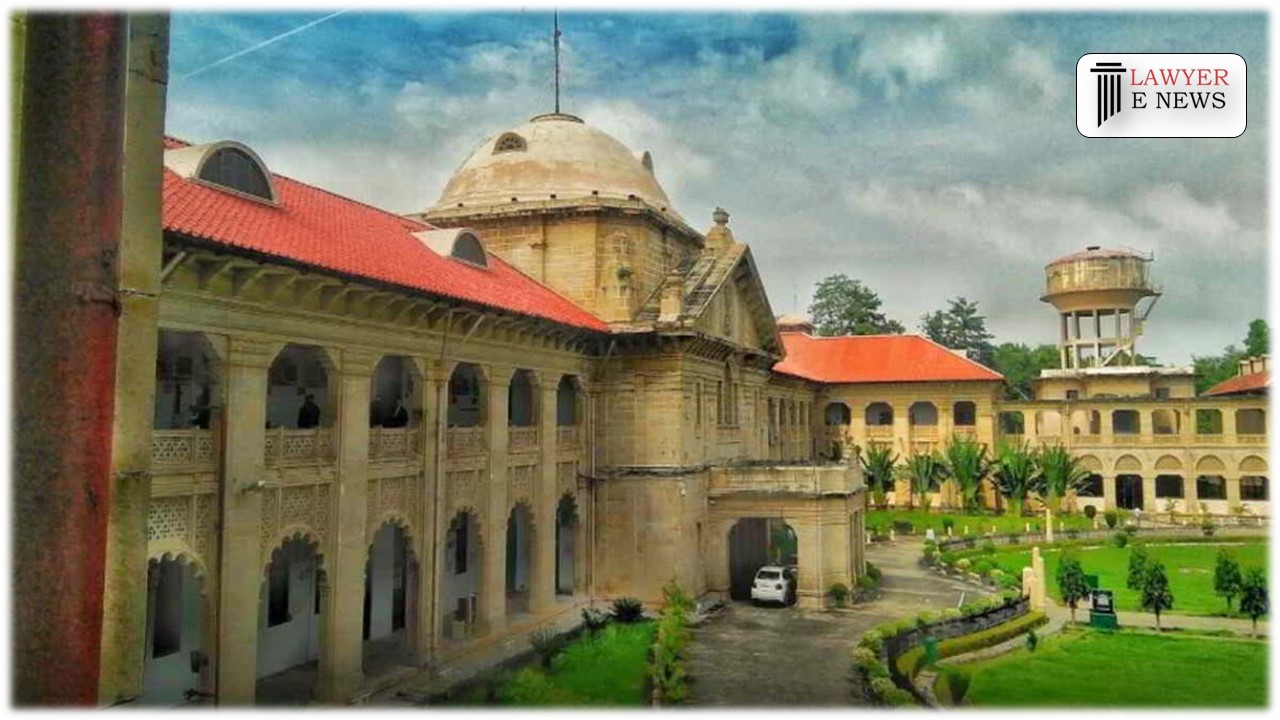-
by Admin
17 February 2026 4:27 AM



In a significant legal development, the Allahabad High Court, in a recent judgment, emphasized the fundamental importance of ensuring a fair trial and upheld the accused’s right to produce witnesses in their defense. The case in question, Criminal Revision No. 794 of 2018, pertained to an incident dating back to 2012, where the revisionist, Anupam Singh, faced trial under section 302 IPC for murder.
The Allahabad High Court, while hearing the revision, deliberated upon the refusal of permission by the trial court to examine defense witnesses in the murder trial. The revisionist had initially filed an application under section 311 Cr.P.C. seeking the examination of witnesses, which was rejected by the trial court. Subsequently, the accused moved another application under section 233 Cr.P.C. to produce the same witnesses as defense witnesses. The trial court had also rejected this application, prompting the revisionist to challenge the order.
The High Court's judgment, delivered by Hon'ble Mrs. Jyotsna Sharma, J., highlighted the distinction between sections 311 Cr.P.C. and 233(3) Cr.P.C. In her observations, she stated, “Under the provisions of section 311 Cr.P.C., the court has a plenary power to summon any person at any stage of the proceedings as a witness. This power includes recall and re-examination of any person who has already been examined.” She further added, “The power lies with the Court alone as juxtaposed to rights or powers of parties.”
Regarding section 233(3) Cr.P.C., the court explained that it pertains to the accused’s right to produce evidence in their defense. The court clarified that “here the right belongs to the accused and not to the court concerned, in the sense that the court concerned shall ordinarily issue process and can decline to summon the witness only for the reason that the request is made for the purpose of vexation or delay or for defeating the ends of justice.”
In the judgment, the Allahabad High Court emphasized the importance of allowing the accused to produce witnesses for a fair trial. It quoted the Supreme Court, stating, “Fair trial includes fair and proper opportunities allowed by law to prove her innocence. Adducing evidence in support of the defense is a valuable right. Denial of that right means denial of fair trial.”
Consequently, the High Court set aside the trial court’s order, noting that it suffered from a legal flaw and was not sustainable. The revisionist was granted the liberty to specify two witnesses out of the five named, whom he sought to summon as defense witnesses.
Date of Decision: 17 January 2024
Anupam Singh VS State Of U.P.
